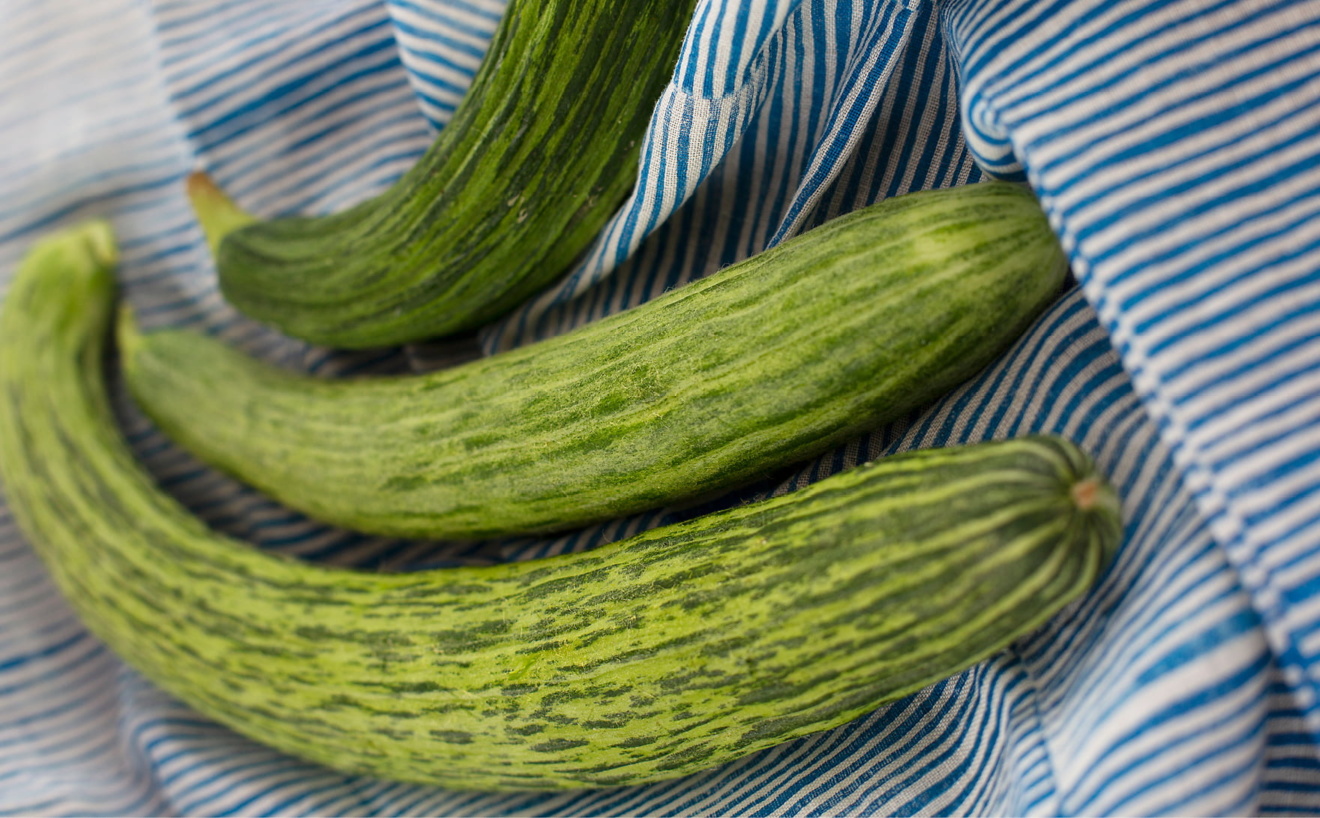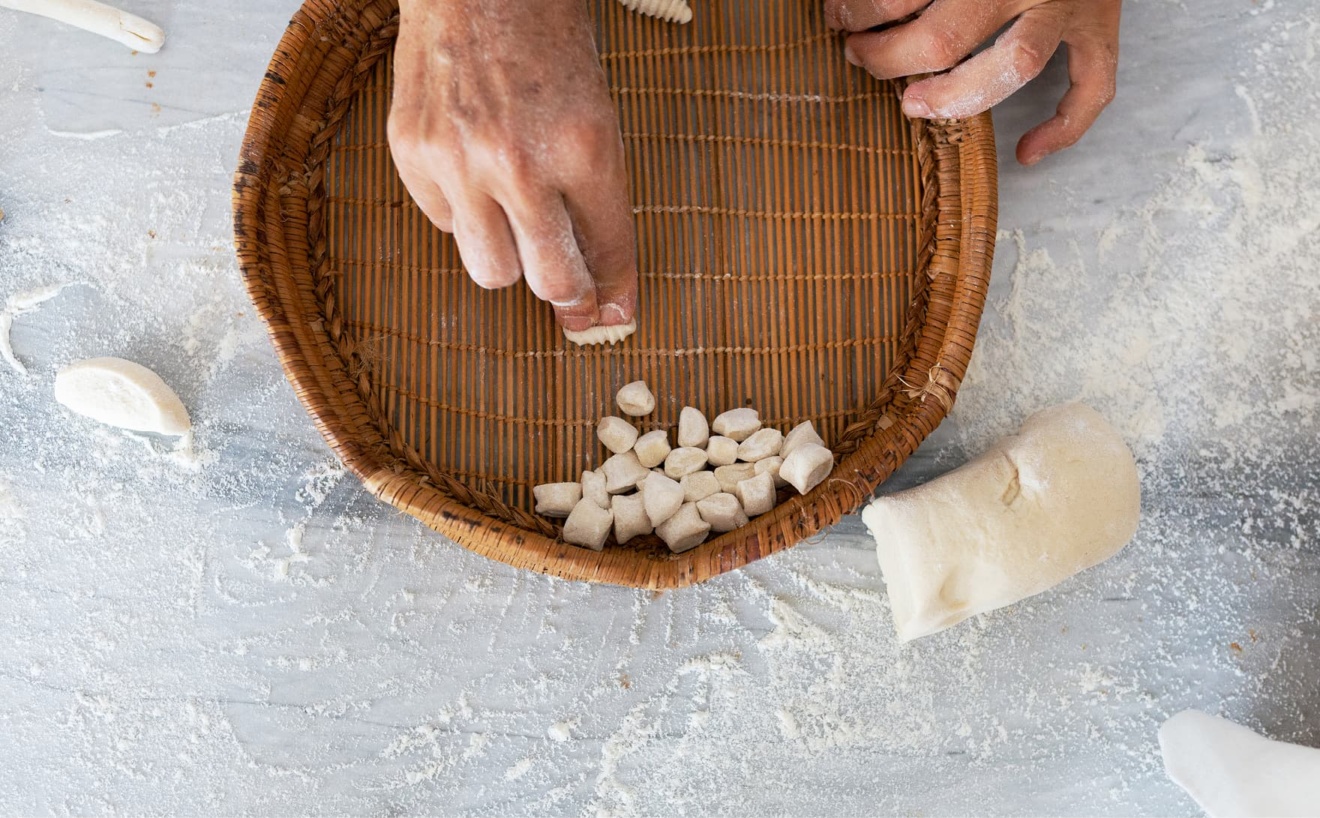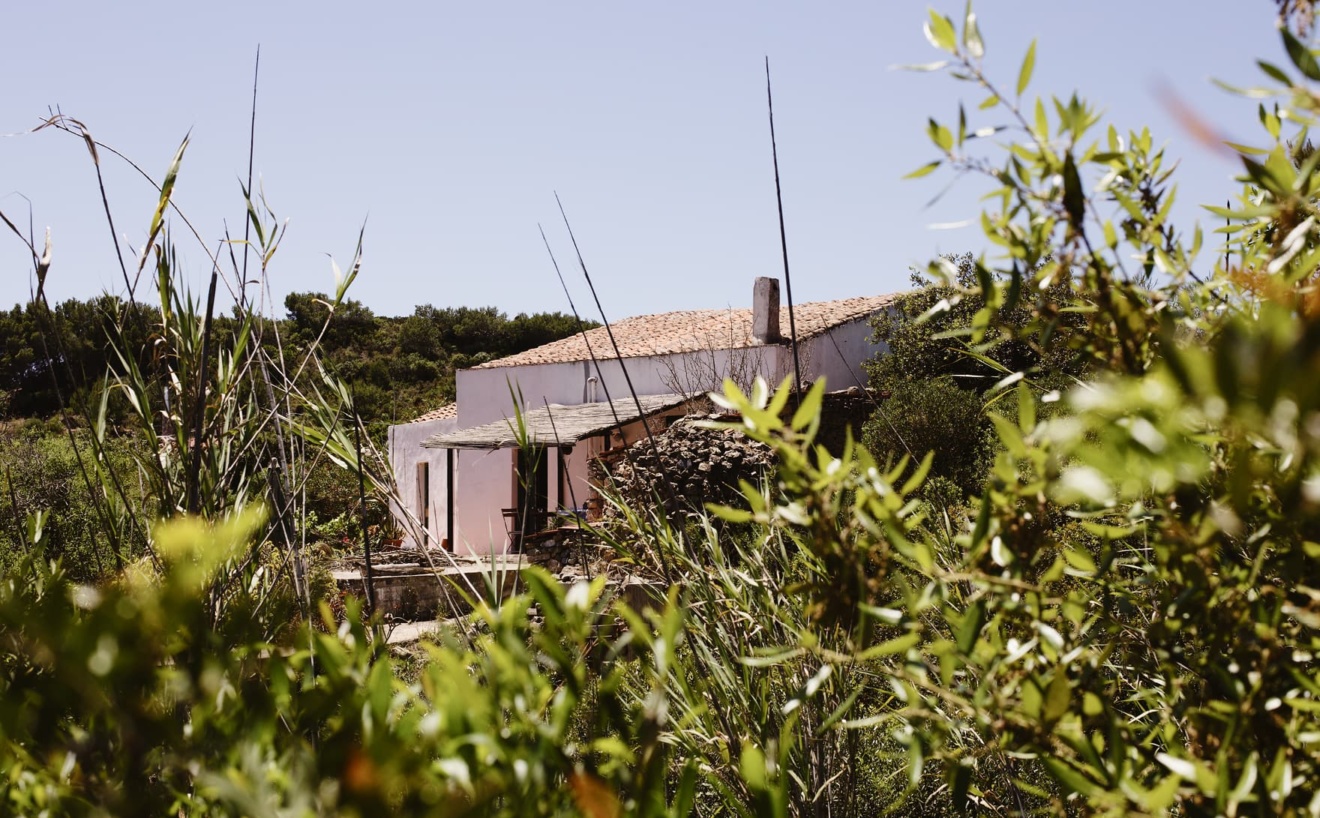by Andrea Luxoro
The tired face is furrowed by deep wrinkles more from old age than an expression, the blue eyes are however alive and dart here and there along the ground: the baracca (rural hut) on the right, the carugéttu bordered by a hedge of rosemary and the open field of rich and red earth, drenched in dew, which will soon fade under the scorching sun of late June and contrasts with an incredibly blue Mistral sky. A long row of tomato plants accompanies the view towards the well, while leaning back from the wall, the fósse de facussa overflow with long green shoots and small yellow flowers, repeatedly visited by some buzzing bee. The old man, with ill-concealed pride, tells the hiker, who has accidentally crossed the boundaries of the farm during the trek, that the facussa seed has been handed down in the family since time immemorial, from father, grandfather and grandfather’s father – it comes from the Arabs, because the people of Carloforte used to live there, and since they were clever they brought it back to Sardinia, and so we still use it today for the capunadda, which we put in salted tuna and our crackers. The elderly man’s narrative is slow, measured and solemn because it tells a story that has become myth, epic is the fruit of childhood evenings, without light or television, when grandfather used to tell the story in front of the bonfire of the old Tabarchinians who had come from Africa.
Andrea Luxoro was born in Carloforte, where he still lives and works. He studied in Cagliari and graduated in anthropology from the Faculty of Literature with a thesis on the “Workers of the sea of Carloforte”. Together with a group of local scholars, he founded the Saphyrina Cultural Association and the Asuciasiun cultürole tabarchiña, which enhance and promote the culture, history and language of the Tabarka communities in the Mediterranean. He curates the “Pocomabuono” literary review and founded the Carloforte Book Fair. He coordinates the Sportello Linguistico Tabarchino of Carloforte, is scientific advisor for the Polo della lingua tabarchina and promotes cultural initiatives on many fronts. You can always find him prepared and available at the newsstand “Dai giurnoli in sciâ ciassa” (Piazza Repubblica).


